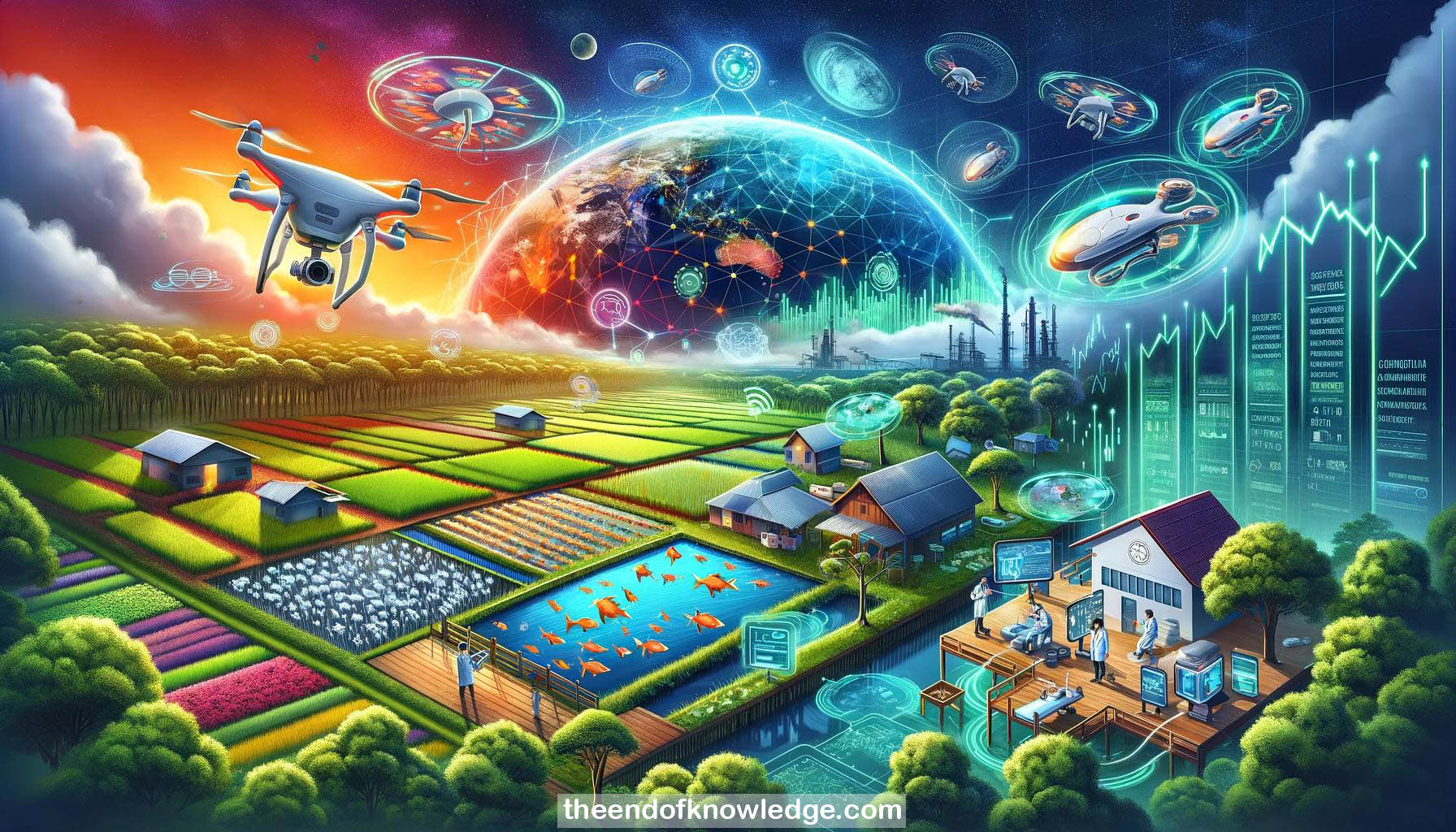 >
>
Concept Graph & Resume using Claude 3 Opus | Chat GPT4o | Llama 3:
Resume:
1.- Introduction by Dr. Werner Vogels: Dr. Vogels, CTO of Amazon, introduces the talk emphasizing the use of AI to solve pressing global issues, highlighting his personal experience with medical technology in the Global South.
2.- Young Businesses Using Technology for Good: Vogels discusses his inspiration from startups that aim to create businesses while addressing significant societal challenges.
3.- Series 'Now Go Build': Vogels created a video series exploring startups using technology to solve major global problems and make the world more livable.
4.- AI as a Present Solution: AI is not just a future concept; it's already being utilized by various companies, organizations, and governments to address global issues.
5.- Hara in Jakarta: Hara provides smallholder rice farmers in Indonesia with identities, enabling them to access loans and integrate into the formal economy.
6.- AI in Agriculture: AI helps in precision agriculture, allowing farmers to use fertilizers more efficiently, reducing environmental damage, and improving crop yields.
7.- International Rice Research Institute (IRRI): IRRI in Manila uses AI to sort rice seeds and maintain the world's largest rice genome bank, helping to combat poverty and hunger.
8.- Golden Rice: A genetically modified rice with high vitamin A content, developed to combat deficiencies in populations reliant on rice.
9.- Aquabyte for Fish Farming: Aquabyte uses AI and machine learning to improve fish farming, enhancing disease detection and management, and promoting sustainable practices.
10.- Reducing Environmental Impact of Fishing: AI helps in making fish farming more efficient and environmentally friendly compared to traditional fishing methods.
11.- Dr. Consulta in Brazil: This company uses AI to make healthcare more affordable and accessible in Brazil, addressing the needs of medically underserved populations.
12.- AI-Powered Drones for Healthcare: Drones deliver vaccines and medical supplies to remote areas, improving healthcare access and reducing the spread of diseases.
13.- Humanitarian Street Map Program: Volunteers create maps of uncharted areas to aid disaster response efforts, helping organizations reach those in need.
14.- Earth Observation Data: Satellites provide crucial data for environmental monitoring and disaster management, enhancing global understanding of environmental impacts.
15.- Open Earth Data Observatory: Initiatives like the Amazon Sustainability Data Initiative and AWS Open Data Registry make environmental data accessible to researchers worldwide.
16.- Digital Earth Africa: Uses satellite data and AI for environmental monitoring and sustainable development in Africa, aiding policymakers with data-driven insights.
17.- AI in Disaster Monitoring: AI analyzes historical and real-time data to predict and mitigate the impact of natural disasters, improving response planning.
18.- AI for Food Security: Monitoring crop yields and predicting food shortages help governments plan and ensure food security.
19.- AI for Deforestation and Erosion: AI aids in monitoring environmental changes, such as deforestation and coastal erosion, providing data for conservation efforts.
20.- AI for Water Management: AI helps manage water resources, addressing issues like floods and droughts, crucial for regions vulnerable to climate change.
21.- AI for Marine Conservation: Monitoring marine ecosystems with AI helps in sustainable management of marine resources and conservation efforts.
22.- Data Democratization: Access to data is essential for AI to be effective in solving global problems, emphasizing the need for open data initiatives.
23.- Allen Institute's Brain Knowledge Platform: This platform provides open access to brain cell data, accelerating research on neurological disorders.
24.- Importance of Data Synthesis: Synthesizing data from various sources is crucial for making meaningful scientific discoveries and advancements.
25.- Jim Gray's Vision: Jim Gray advocated for bringing data online to drive scientific progress, highlighting the importance of data accessibility.
26.- AI for Child Protection: AI tools help law enforcement detect and prevent child trafficking and exploitation, saving thousands of victims.
27.- AI and Ethical Considerations: The ethical use of AI is paramount, ensuring that technology is used for the benefit of all humanity.
28.- Collaboration in AI: Collaboration between organizations and sharing data are vital for maximizing the impact of AI in solving global challenges.
29.- AI and Future Technologies: While current AI tools are powerful, future advancements in AI and machine learning hold even greater potential for societal benefits.
30.- Call to Action: Dr. Vogels encourages continued innovation and collaboration in AI to build solutions for the world's most urgent problems
Knowledge Vault built byDavid Vivancos 2024